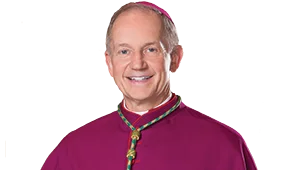
Bishop Thomas John Paprocki | Diocese of Springfield
Sister Doris Consuelo Terrel Jiménez, OP, is one of seven Dominican Sisters of Springfield currently working in Peru, where she focuses on providing healthcare to young children. "I am from the central Andes, Peru, in the town of La Oroya," she explains. “I have been with the Springfield Illinois Dominicans for 21 years from the time I entered the congregation."
Her dedication to nursing began during her high school years. “My vocation as a nurse was born during my high school studies. My school was a technical institute which had nursing as one of the offered courses,” she recalls. Sister Doris describes her early experience in nursing as a catalyst for her desire to assist the most vulnerable with their health concerns.
Her journey toward religious life began after encounters with God and a connection with the Springfield Dominicans and the Precious Blood Fathers. “What attracted me to religious life were encounters with God at different times in my life, listening to God, getting to know and follow Him,” she says. “I was impressed by their service and works and talked to them about it.”
Sister Doris further pursued nursing studies at the Escuela Padre Luis Tezza in Lima, supported by the leadership of the Dominican Sisters. Despite initial concerns about resuming education after years away from school, she completed a five-year course, practicing in state hospitals and spending a year in the SERUM program, a rural service in marginalized areas.
As a traveling nurse, Sister Doris begins her day with breakfast at 6 a.m. and specializes in the care of children under five, focusing on growth, development, and administering vaccinations. “I also administer the complete series of vaccinations, as I work for the Ministry of Health in the Central Lima office belonging to the Central Government,” she notes. Her weekly schedule involves coordinating with health centers and traveling from house to house to reach her patients and ensure necessary follow-ups.
Teamwork plays an essential role in her efforts. “On other opportunities we form a diverse team of professionals with a doctor, a psychologist, a dentist, a nutritionist, and the nurse to offer an integral approach to health, she says.” In such cases, they set up services in parks or schools to serve the community.
After each day's work, Sister Doris returns home to engage with her fellow sisters in prayer and reflection on their experiences. “In my local community we are three sisters — hermanas. We don’t have a common ministry; each of us has a different one. Our community spaces are very important,” she explains.
Her commitment to public health is driven by the satisfaction of sharing life and learning alongside the people she serves. “I like public health,” she states. “It is sharing life with ordinary people, listening to them, learning and walking with them day by day.”
Despite challenges like crime, poverty, and lack of opportunities, Sister Doris finds strength in her faith and work. “Life on the street is hard. Many make a living by what they can sell that day; crime and delinquency is feared by many,” she acknowledges. Yet, she remains determined to continue her work, confident in her connection to God and the community needs.
This article is part of a series by CATHOLIC TIMES, focusing on religious sisters engaged in science, technology, engineering, and mathematics.
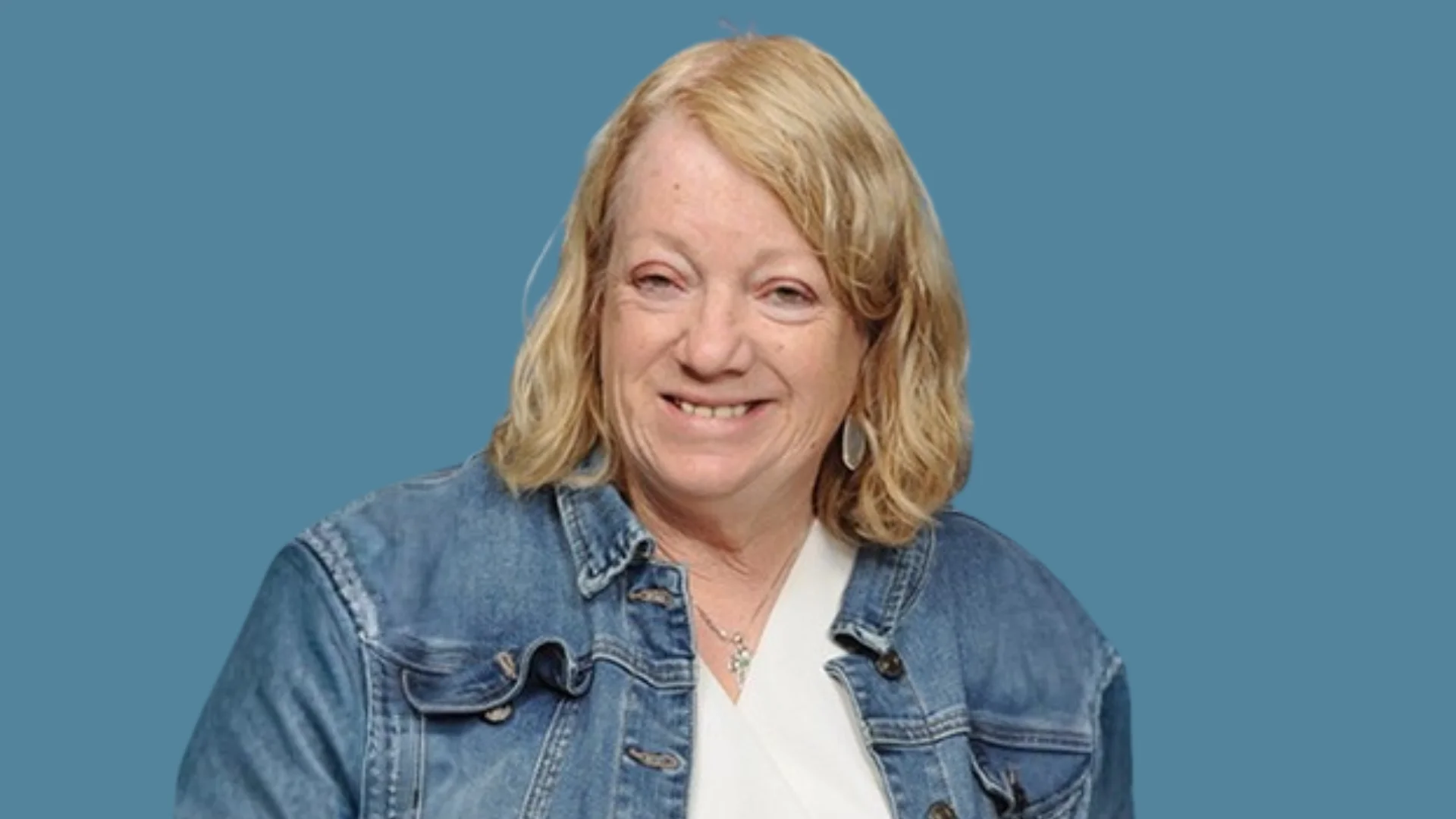
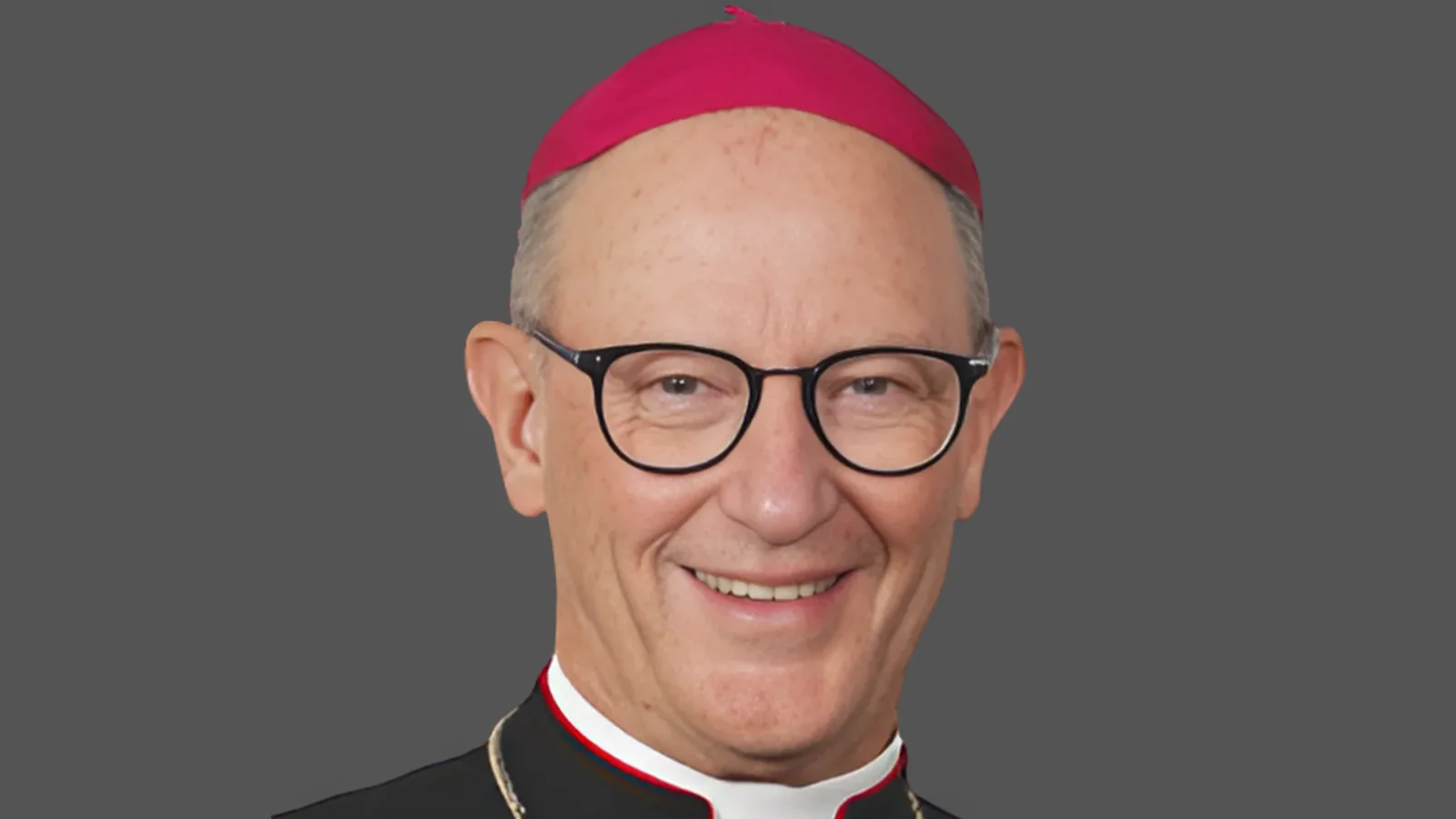
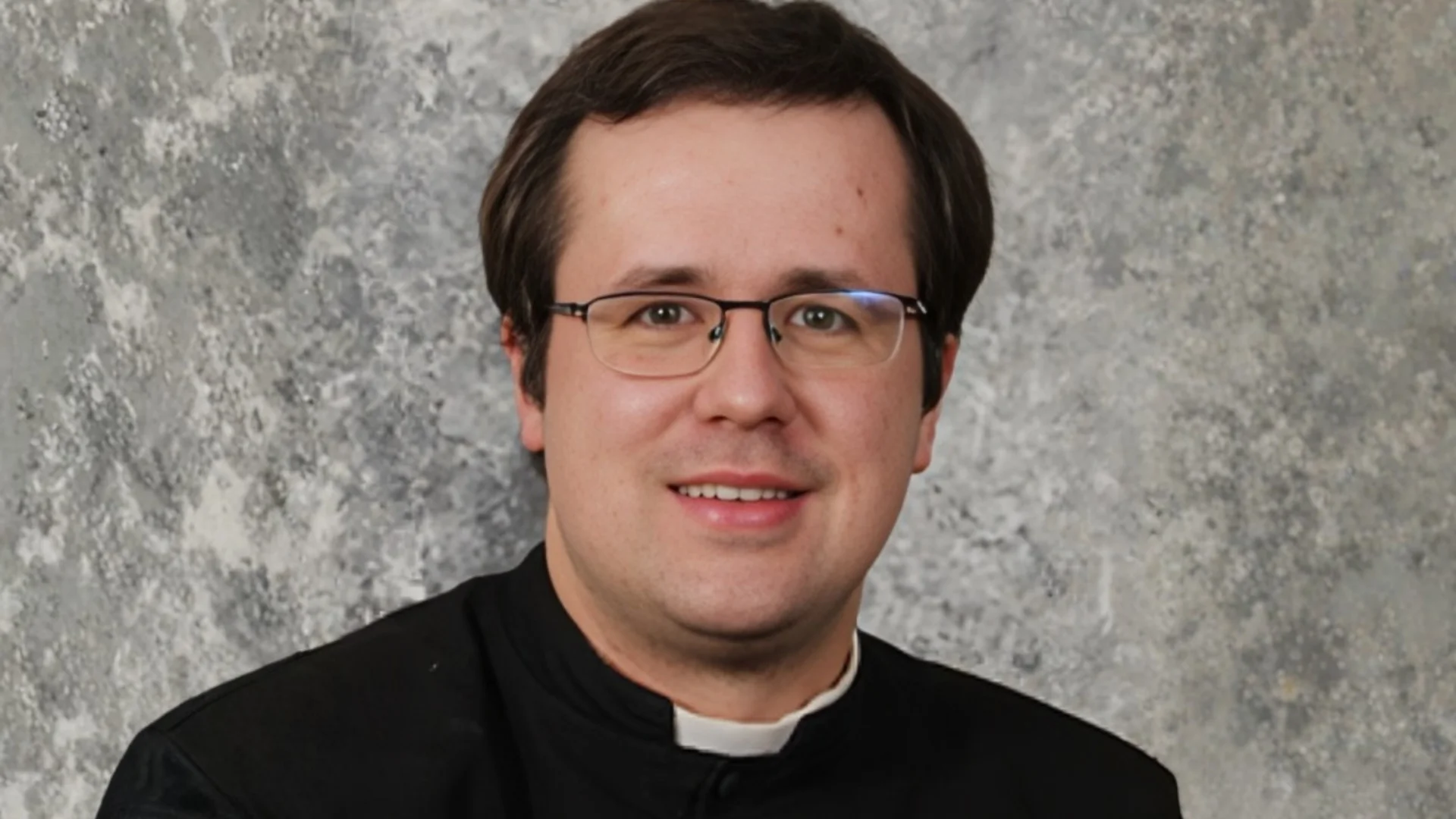
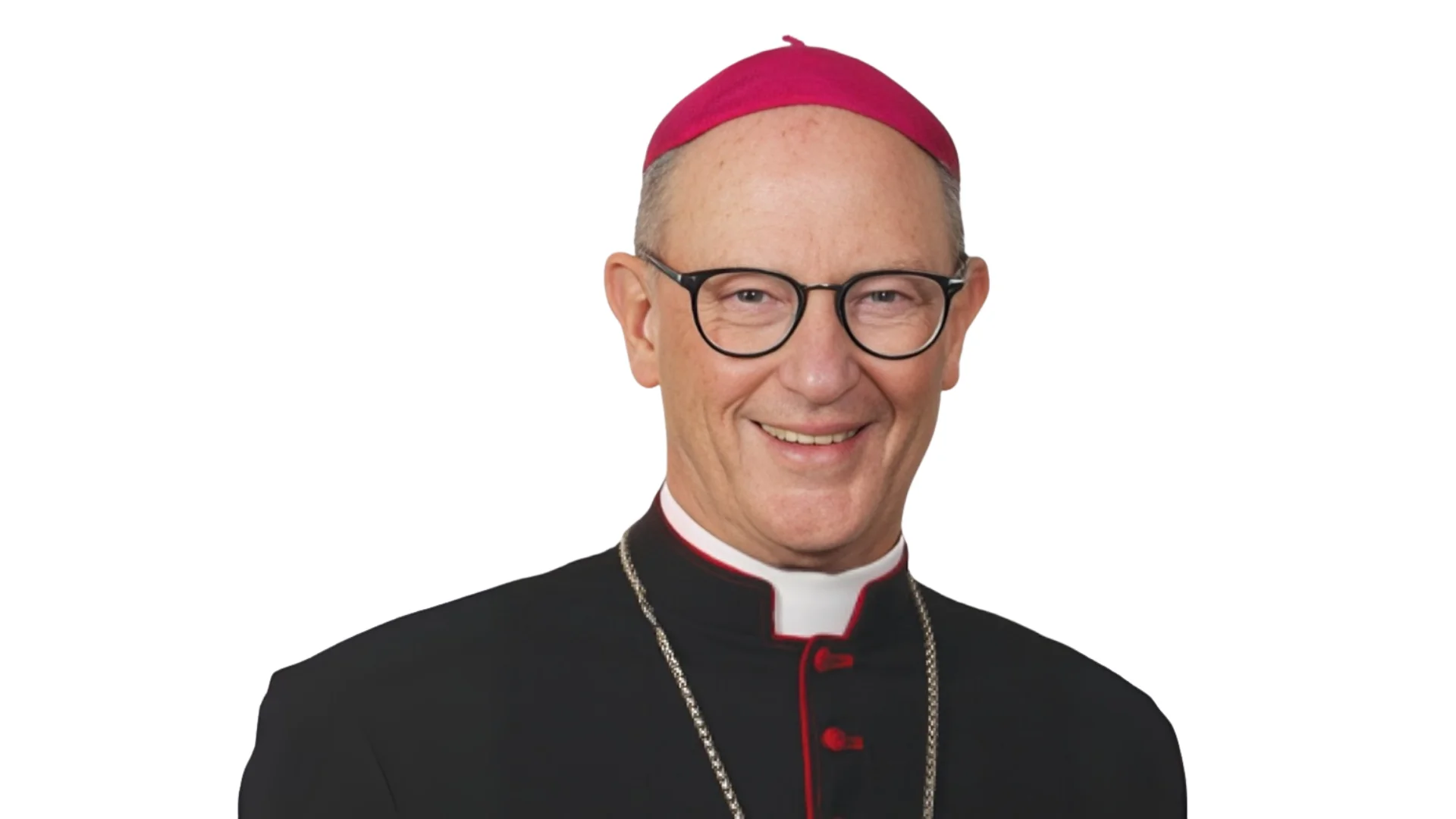
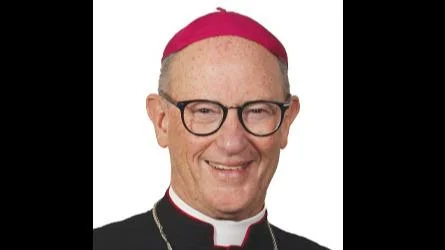
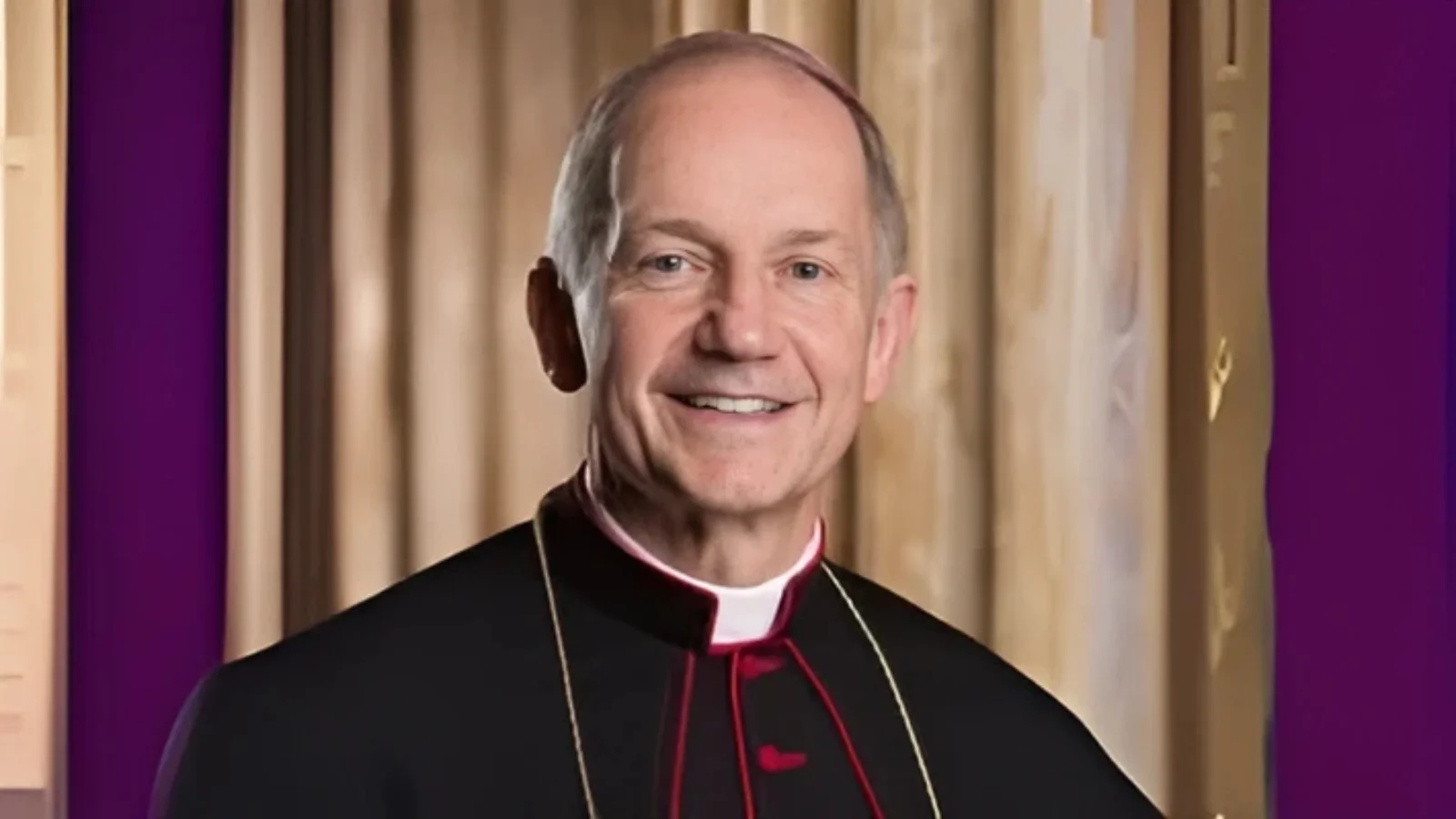
 Alerts Sign-up
Alerts Sign-up